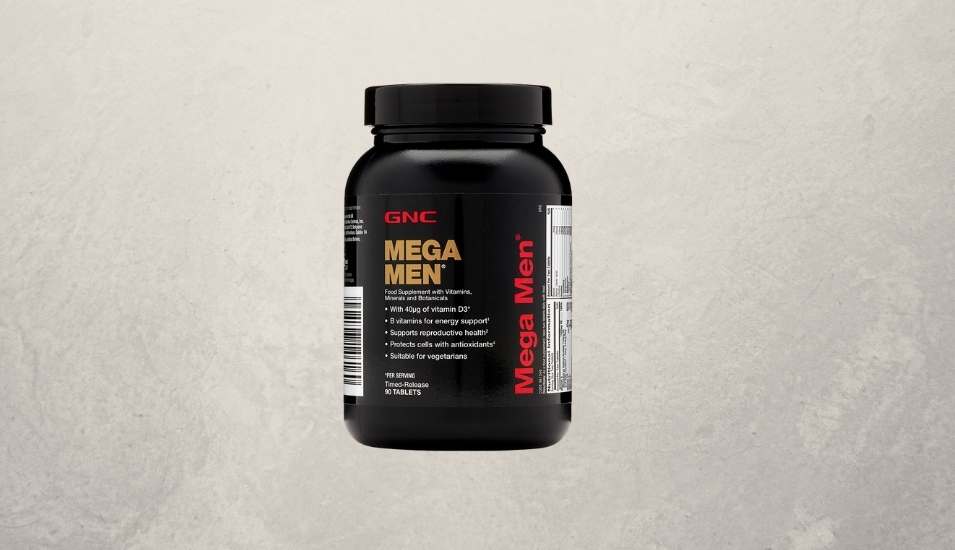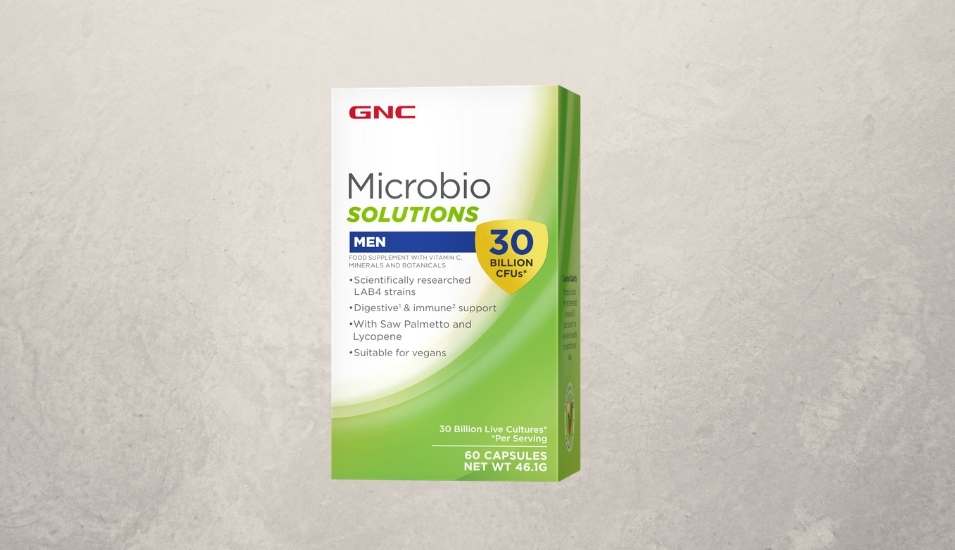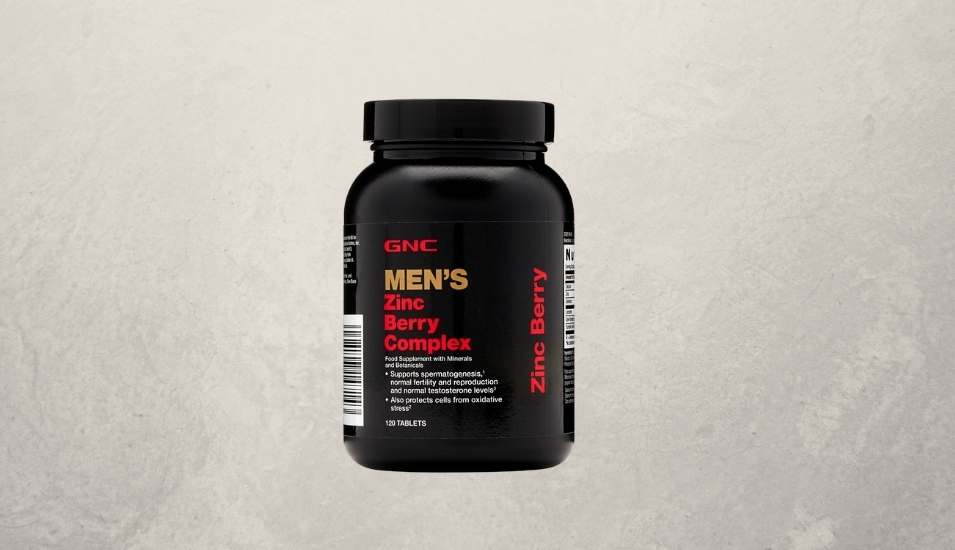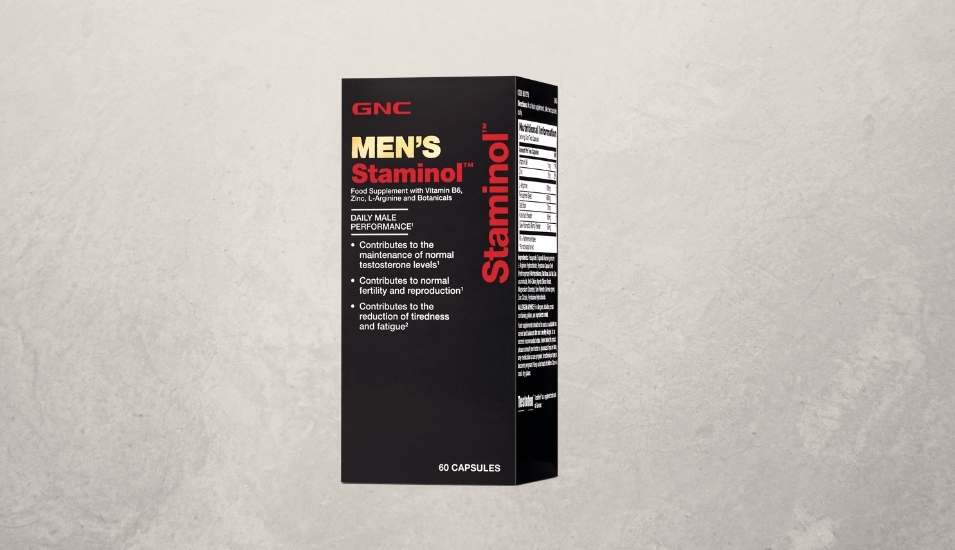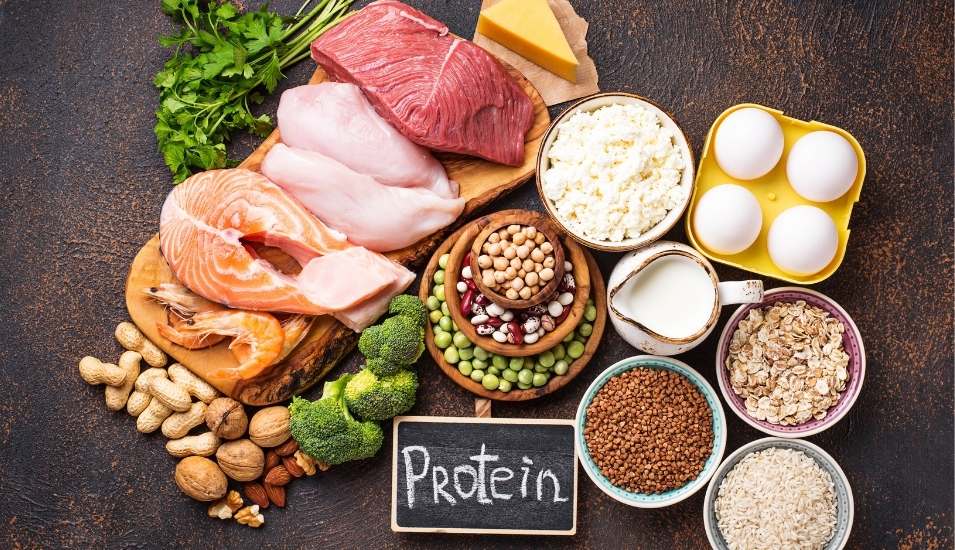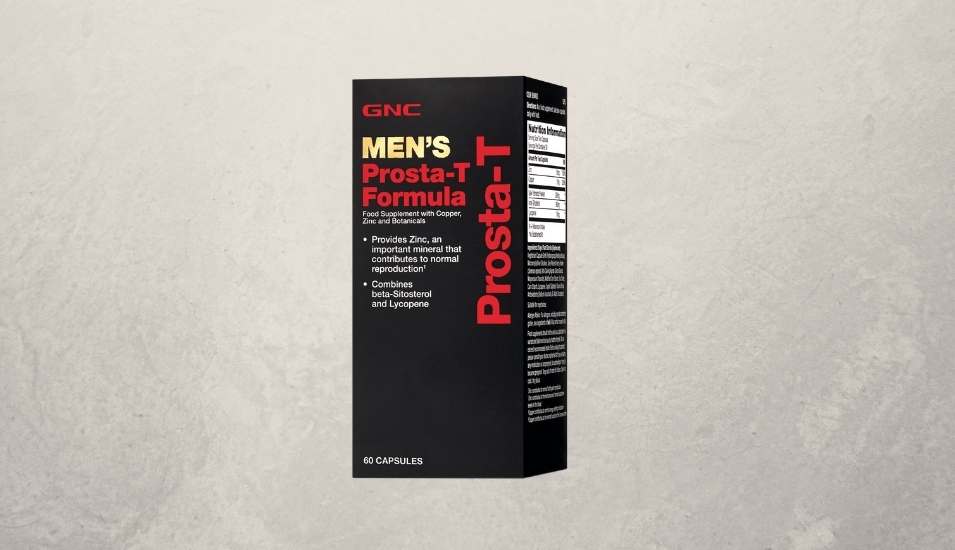When choosing supplements and vitamins for men, there are physiological needs and unique health concerns that should be taken into consideration.
The physical differences between men and women have an impact on nutritional needs. Men tend to have more muscle mass, more bone mass and lower body fat compared to women. This can be largely attributed to sex hormones such as testosterone.1 However, some of the differences between genders are less obvious. For instance, men are less likely to visit a medical provider,2 whereas women are more likely to consume the recommended amount of 5+ servings of fruits and veggies per day.3, 4 When it comes to physical activity, men tend to get more exercise than women, but most men are still falling short.4
With all of these factors in mind, what supplements should men take to support their overall health?
Build A Healthy Foundation
First, start by building a healthy foundation of core nutritional support with a well-balanced diet. To fill nutritional gaps, add on a high-quality multivitamin, omega-3 and probiotic supplement. Then consider adding specific products to your regimen that target your health goals.
Multivitamins
By providing key vitamins and minerals, multis help to fill the nutrient gaps you may not be getting from diet alone. Why should you take a multivitamin? Think of it as nutritional “insurance” to support overall health. Looking for a multi to best fit your lifestyle? Look for one that is specific for men, such as the GNC Mega Men Multivitamin. These tend to have vitamins and minerals at doses for men’s needs.
Omega-3s
Omega-3 fatty acids are commonly referred to as “the good fats” for a reason. They are important components of every cell in your body and offer numerous health benefits by supporting brain, eye, and heart health.
The primary types of omega-3s are alpha-linolenic acid (ALA), eicosapentaenoic acid (EPA) and docosahexaenoic acid (DHA). The Institute of Medicine has set a daily recommended amount of ALA at 1.6 g for men, higher than the 1.1 g recommended for women. ALA is considered essential because the body can’t make it on its own. That means it must be consumed through the diet from sources such as chia and flaxseeds. However, most of the health benefits come from the other omega-3s, EPA and DHA. The issue is that the body isn’t efficient at making EPA and DHA.
Looking for ways to ramp up your intake of omega-3s? Try to incorporate more fish in your diet such as salmon, mackerel, tuna, herring and sardines. Not a big fan of fish? Give an omega-3 supplement a try! They most often come in the form of capsules, but you can also find them in gummies, chews and liquids. You can also pick up some nuts and seeds (walnuts, chia and flaxseeds) and plant oils like canola oil.7
Probiotics
Did you know probiotics are microorganisms that are alive? Leading health organizations define probiotics as “live microorganisms that, when administered in adequate amounts, confer a health benefit on the host.” These beneficial “bugs” (such as bacteria and yeast) influence the bacterial composition of the gastrointestinal tract by balancing the gut with more of the good bacteria than the bad. The recent research on probiotics is fascinating because scientists are learning just how much the gut influences the health of the rest of the body.8
No one wants an upset stomach or to feel under the weather. Try incorporating more probiotics into your daily routine. Many fermented foods are rich in probiotics—yogurt, kombucha, sauerkraut and kimchi. There are also a variety of foods that are fortified with added probiotics.
If you’re looking to add more good bacteria into your diet, try our GNC Microbio Solutions Men in the form of a capsule.
Add To Your Regimen For Specific Goals
Not all men are the same, and neither should their supplement regimen. Now that you have the basics covered, it’s time to add products that address your specific needs and health goals.
Testosterone Support
Testosterone is such an important hormone, especially for men. Healthy testosterone levels play a role in muscle mass, bone density and sex drive. Some men don’t have any issues with their testosterone levels, whereas others see a decline of about 1% each calendar year after the age of 45, starting around age 40.9 Check out our GNC Men's Zinc Berry Complex that can help.
Sexual Health And Vitality
With the decrease of testosterone over time—along with other diet and lifestyle factors—sexual drive can take a back seat. Looking for libido support? This sexual health supplement for men can help.
Lean Muscle
As a natural process of ageing, muscle mass declines. Even though men tend to have more muscle mass than women, that doesn’t mean they shouldn’t try to maintain what they have. Did you know that after age 30, muscle mass decreases up to 3-8% per decade? Strength training exercise and adequate protein intake can help combat this decline.10 Protein is available in plenty of food sources, especially meat and dairy. If you’re looking to supplement with extra protein, check out some of these great-tasting options which are available in a variety of flavours.
Prostate Health
Essential for fertility, the prostate is a gland that is part of the male reproductive system located below the bladder and surrounding the urethra (parts of the urinary system). In some instances, prostate issues arise over time and can cause undesirable symptoms such as frequent urination and other complications. Diet, exercise and other lifestyle factors are key to a healthy reproductive system.11 You can also try GNC Men's Prosta-T Formula, our reproductive health supplement
Healthy Hair, Skin, And Nails
Did you know that your diet influences the health of your hair, skin and nails? Check out Vital Proteins Collagen Peptides which can help provide the nourishment you’re looking for.



